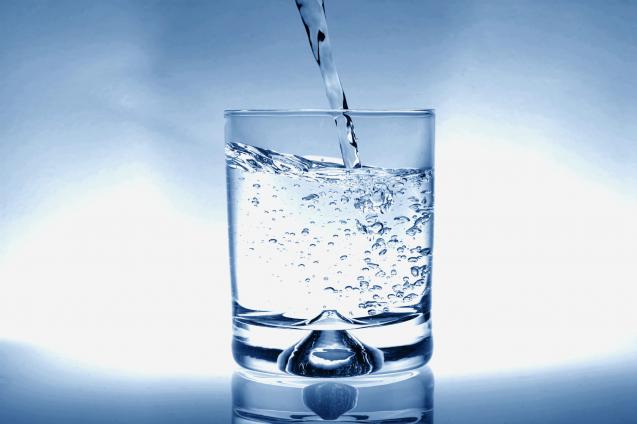
Immediate Actions to Take After Finding a Water Leak: A Comprehensive Guide for Australian Homeowners
Recognising Signs of A Water Leak
Being alert to changes in your daily water consumption can assist you in the early detection of leaks. Your water meter system can often pinpoint any irregular surge in water usage. Obvious physical signs to watch include unusual water puddles and seepage, and damp patches or discolouration on walls, ceilings, and floors. These signals could be the early signs of a lurking water leak somewhere in your home. Additionally, our senses of smell can be surprisingly helpful, too. An uncommon, musty odour around the house can indicate a concealed water leak that has begun to affect wood or plaster. Discolouration, dampness and development of mould or mildew are other potential signs that confirm your suspicion.
Steps to be Taken Immediately After Discovering a Water Leak
Once a suspicion of a water leak is substantiated by such signs, your first response should be to shut off your home’s main water supply immediately. It's a simple step that can drastically reduce the extent of water damage. Electrical safety is paramount in such situations due to the dangerous combination of water and electricity. Thus, disconnecting power to the area suspected of a leak and turning off all electrical appliances is advisable. Once done, a good strategy is to start mitigating potential water damage by drying off damp materials with towels or sponges. This would also be the time to document the evidence by capturing photographs or video clips – a sensible move that can support key steps for a successful water leak claim later on. Lastly, hiring a licensed plumber is the last piece of the puzzle needed to evaluate and mitigate the situation professionally.
Unravelling the Source of the Leak
Determining the source of a water leak forms an essential component of the overall resolution process. Leaks could stem from indoor venues like bathrooms, kitchens, or laundry rooms or be triggered externally by structures like walls, ceilings, or roofs. At times, the leaks aren’t overtly noticeable, concealed within walls or beneath floors, leaving detection a challenging ordeal. This is when the skills of an experienced plumber come into the picture. With specialised tools, expert knowledge, and deceivably modest instruments like stethoscopes and listening discs, these professionals can easily track down hidden leaks.
The Inarguable Necessity of Water Leak Repair
Initially, a dripping tap or leaking pipe might seem insignificant, but ignoring them can culminate in grave issues. Persistent leaks weaken your plumbing system over time, which might necessitate an expensive overhaul in the long run. The expenditure associated with hefty structural repairs, the threat of termite infestations attracted to damp wood, and the gradual depreciation in your property's resale value significantly outweigh the costs of timely repairs. Additionally, unattended water leaks unjustly add to global water wastage – a serious concern, especially during drought or restricted water supply.
Proactive Measures to Avert Future Water Leaks
The old saying "Prevention is better than cure" rings particularly true in maintaining a leak-proof house. Consistent checks and updates of the plumbing system can go a long way in preventing future leaks. Replacing old pipes, protecting exposed pipes with insulation, and preparing your plumbing for weather changes are invaluable strategies for preventing water leaks. Another worthwhile consideration is the installation of water leak detectors. These devices provide an early warning system, thus avoiding future water damage and saving you considerable money.
Conclusion
In conclusion, water leaks demand immediate attention and require vigilance, efficient management, and timely intervention. A proactive approach beginning with leak detection and followed by taking prompt action, can mitigate the detrimental effects of a leak. Ensuring regular maintenance of your plumbing system is the most effective preventative measure. The eventual goal must always be to keep your home's structural integrity intact and optimise water usage. Thus, it’s integral to act swiftly when identifying a water leak to ameliorate its effects, making it clear that it is a situation where immediate action is more beneficial than delaying actions and regretting it later.



